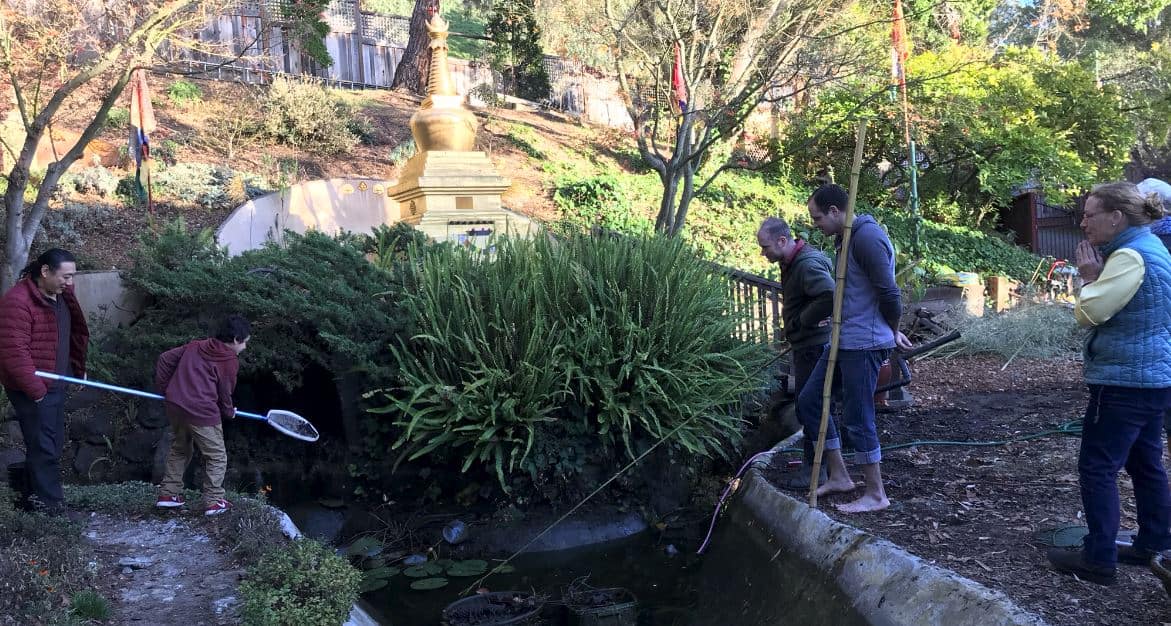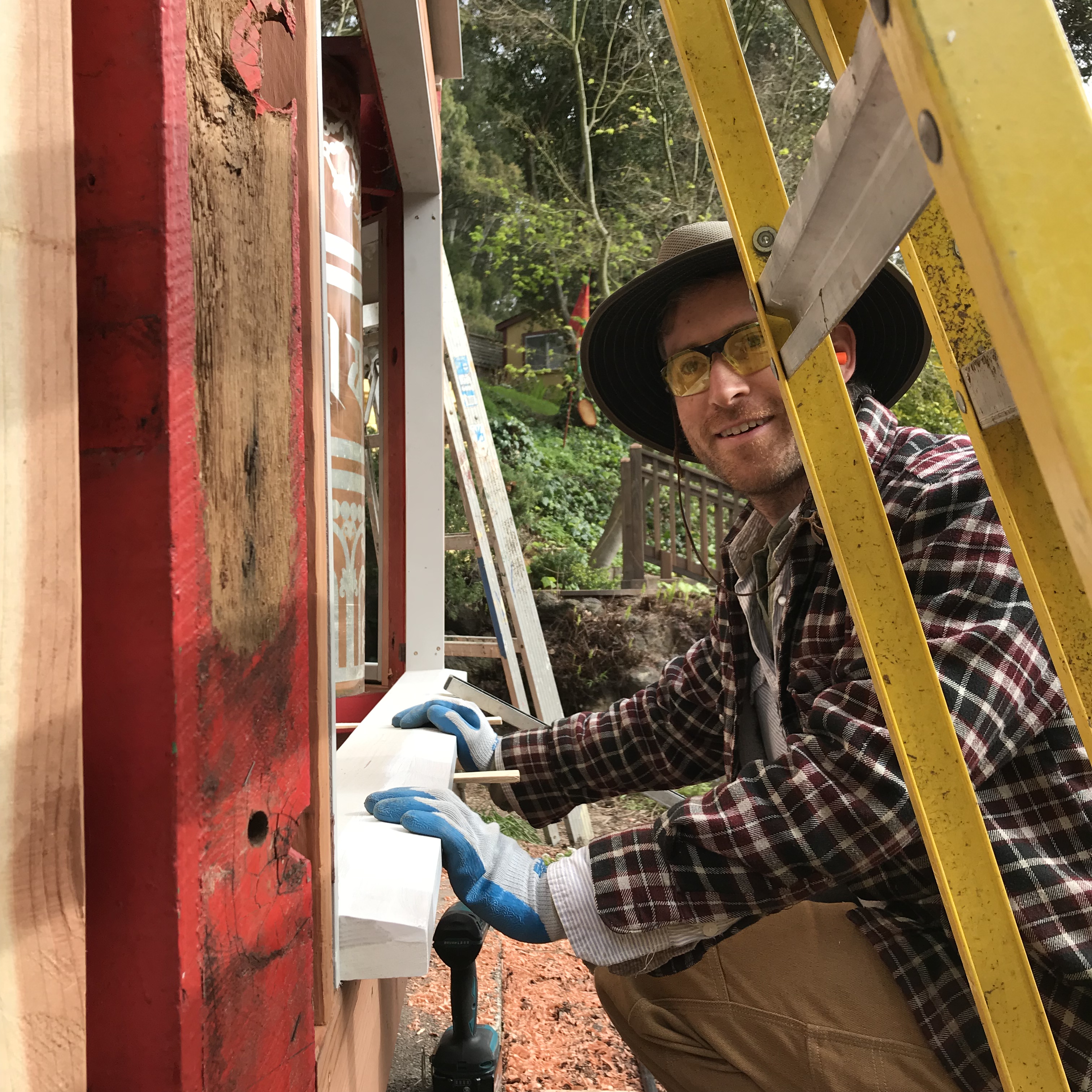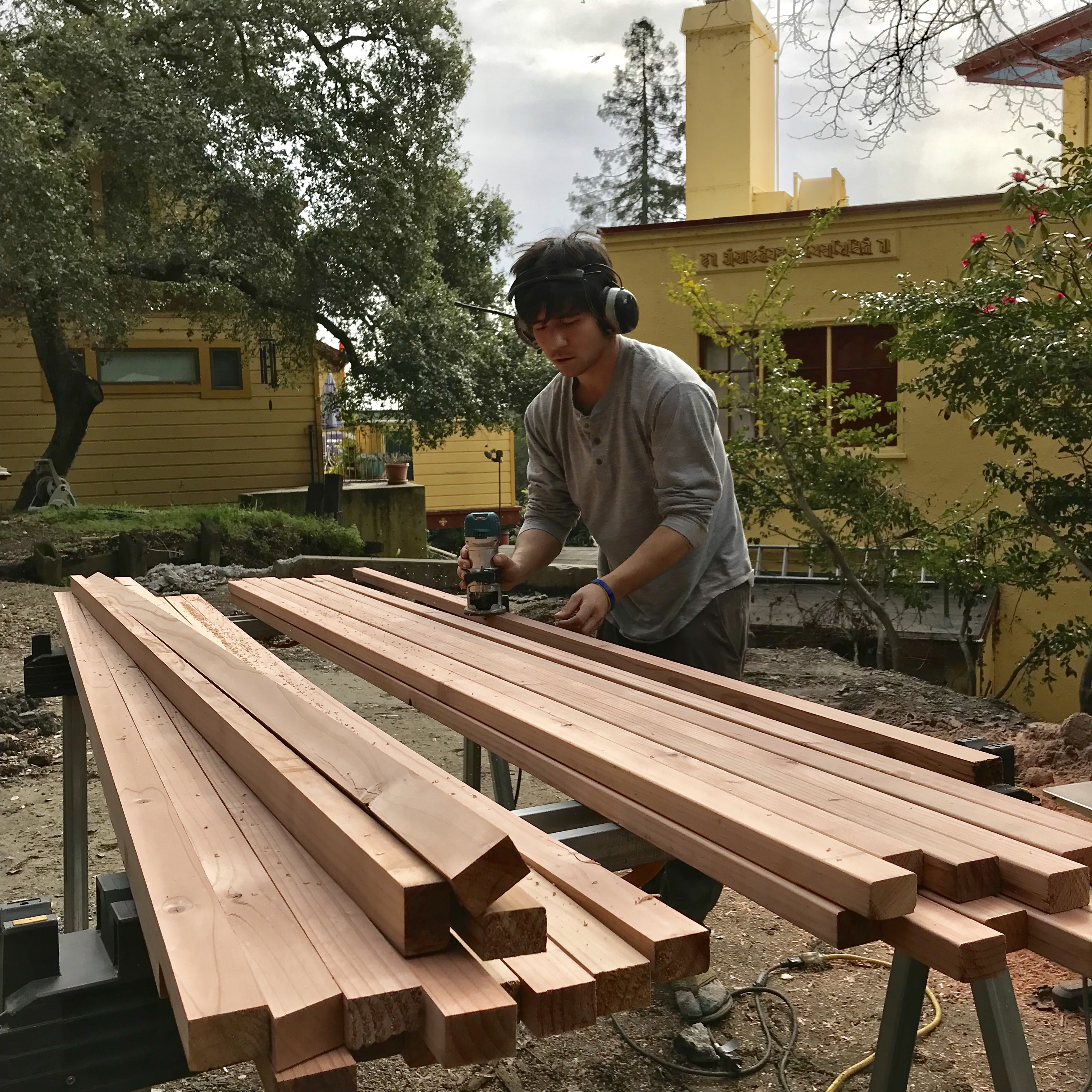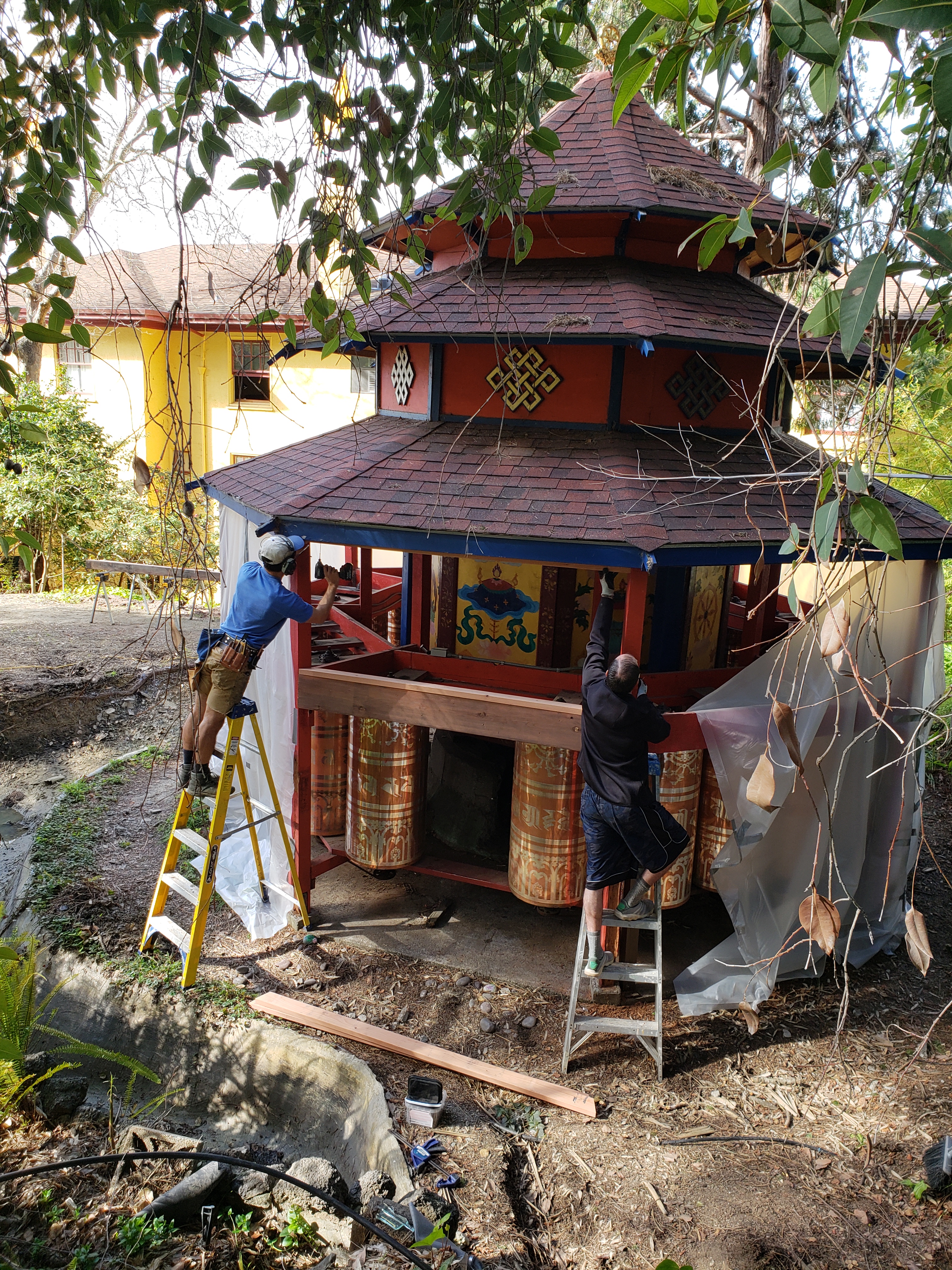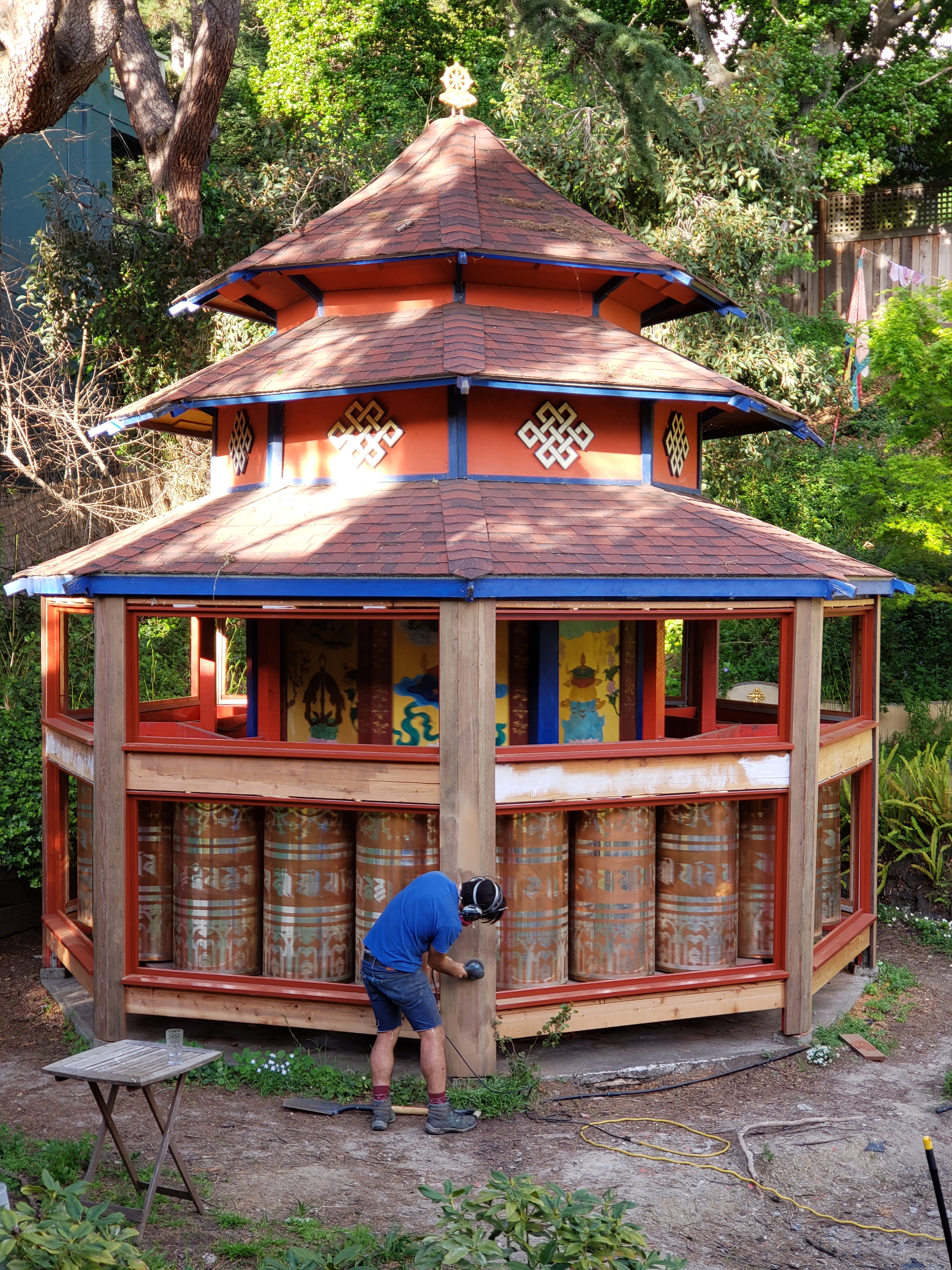August 8, 2019
Dear Friends,
It is well known that the Buddha taught a universal love and compassion that had a profound effect on all who met him, but he was also modeling a revolutionary way of caring for our mind at the deepest level, in order to resolutely pursue and come to know reality. The path he opened did not lead to some other transcendent dimension free from suffering. Instead, he offers us the possibility of a journey straight into the heart of reality, into an unfailing operability of knowing, shining and pulsing within each present moment.
His proclamation of reality as the ultimate medicine of liberation remains as startling today as it was two and a half millennia ago. We stand, just like the Buddha’s first disciples, astonished at his invitation to enter reality as it is, and begin the ultimate journey that lies before all beings: to awaken from the dream of the self to a freedom that has no derivation, no point of reference in our limitations, and no reversibility.
The “how” of how we get there has been taught by the Buddha as an exacting process of study, contemplation and meditation. Not merely cleansing and cultivating the intellect, this training aims at total embodiment of wisdom and compassion through a deep form of caring for the endlessly creative producers of experience — mind, body, speech, the sensory fields, and the subtle energies.
We live in a culture and an age of self-improvement, where we are always trying to “fix” ourselves, and worship at the altar of the ever-elusive perfect version of ourselves. What would it mean to expand our imagination, to relinquish attachment to all “image”, and journey inward instead, into the depths of mind, where experience gets prepared, cooked, and consumed with the convincingly impenetrable feel of the “real”?
Here at the Institute, in a holistic way, we can practice the teachings of the Buddha, Padmasambhava, and other enlightened, extraordinary masters of this wisdom-lineage, including our founder and my father, Tarthang Rinpoche. Thanks to Rinpoche’s great skill and compassion, we have a rich array of secular and traditional dharma teachings that provide accessible, incisive lines of inquiry that can help us unfold our own unique manifestations of wakeful humanity.
Lama Palzang and I, our faculty and our staff are here to support you, ready to share our own curiosity, joy, and experiences on the path as we hold the space for your own discovery. Please know that when you step into the Institute as a student, you enter a place that is connected to an authentic lineage of enlightenment. This lineage does not seek worldly power or many followers. It exists in order to keep alive the sublime pathways to the heart of what it means to be human. Its treasures are available today because its masters were passionate lovers of knowledge, tenacious practitioners of merit, and deeply devoted servants of universal awakening. Together, we can follow in their footsteps. Together, we can do our best to cultivate the same passion, tenacity, and devotion on our own journey.
With all best wishes,
Pema Gellek and Lama Palzang

